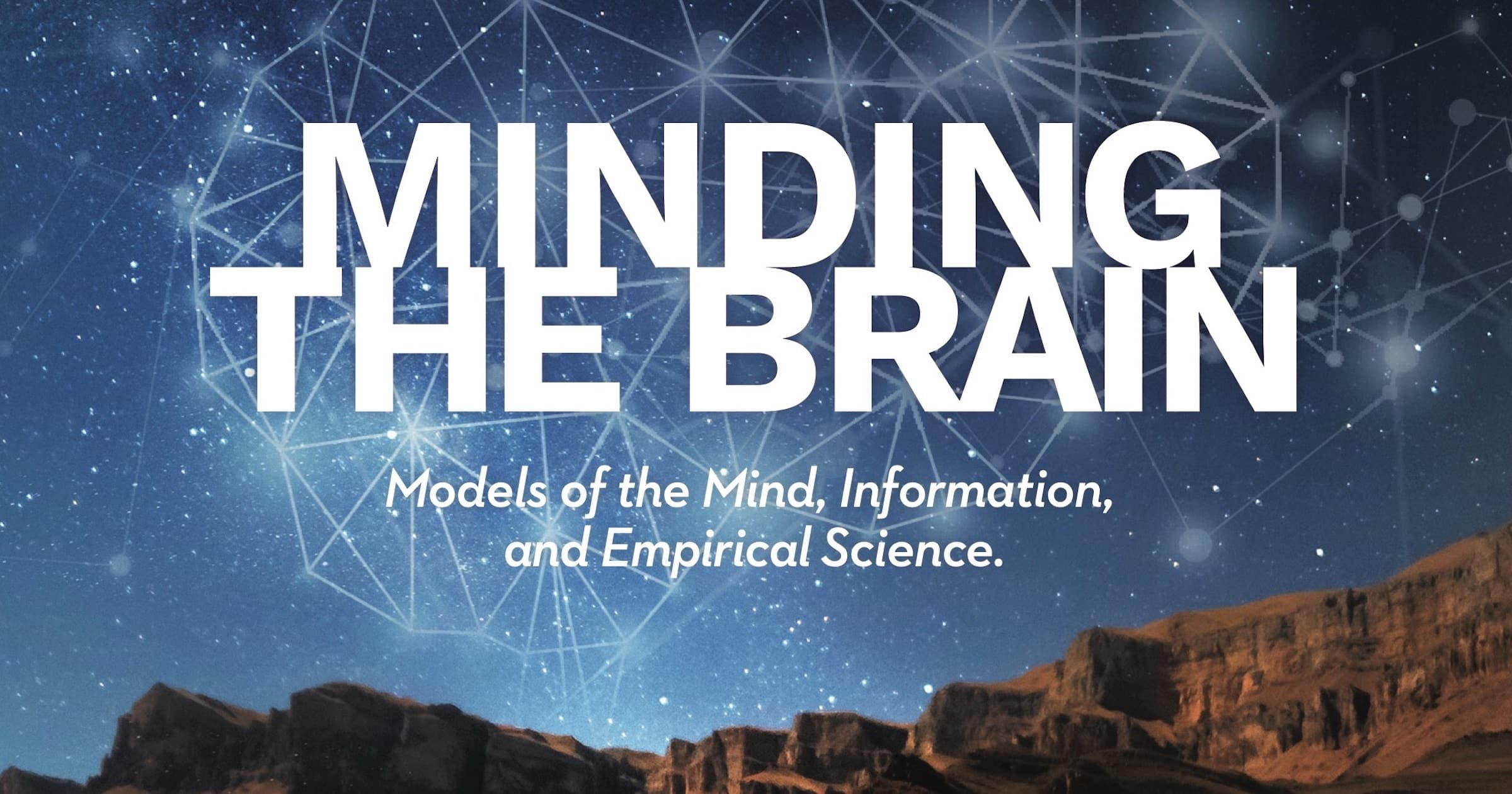 Intelligent Design
Intelligent Design
 Neuroscience & Mind
Neuroscience & Mind
New Book: Mind Is More than the Brain

An exciting new anthology from Discovery Institute Press is out today: Minding the Brain: Models of the Mind, Information, and Empirical Science, in which 25 philosophers and scientists offer fresh insights into the mind-brain debate, drawing on psychology, neurology, philosophy, computer science, and neurosurgery. Their provocative conclusion? The mind is indeed more than the brain. We will be offering brief excerpts here in weeks to come.
The Mind-Brain Problem
The book is edited by Angus J. Menuge, Brian R. Krouse, and Robert J. Marks, who explain in the Introduction:
Is your mind the same thing as your brain? Or are there aspects of mind that are external to the biology of the brain? This question, referred to as the mind-body problem or the mind-brain problem, has been debated for centuries and has captivated curious minds since the dawn of human contemplation. What is the relationship between our mental life and physical body? Intuition suggests our subjective experience of the world is tightly bound up with our physical bodies. Exactly what kind of beings are we, with both a personal mental life and a corporeal nature, somehow all wrapped up in one?
Fresh insights into the mind-brain debate are the subject of this anthology. Analysis is presented from a spectrum of expertise including psychology, neurology, philosophy, computer science, and neurosurgery. Although there are differences in details, all agree there is evidence that the mind is, indeed, more than the brain.
In our modern age, full of science and technology, physical existence often appears to be the most substantial and “real” aspect of the world. After all, the technology that permeates our lives has been made possible by humanity’s progress in understanding and manipulating the material world, including our own bodies (and brains). In light of these technological wonders, it may seem plausible to assume that physical existence constitutes the most fundamental layer of reality, and everything else, including our mental lives, is built upon that foundation.
Yet we often take our mental lives for granted. Upon reflection, however, we recognize they possess unique characteristics that do not align well with a materialist framework. These include the inherent subjectivity of our sensory experiences (i.e., pain cannot be ownerless — it must belong to someone), our ability to employ abstract logic and mathematics to explain the workings of the natural world, our capacity to envision a future state and then actualize it in reality, and — perhaps the most distinctive feature — the sense of being a consistent entity, an “I” that persists over time, at the center of our mental activities. It is challenging to comprehend how an arrangement of impersonal matter could give rise to an agent with these distinctively mental attributes.
A “Three-Pound Mass of Neurons”
See the book’s website, MindingtheBrain.org, for online content and some outstanding endorsements — like this one from Andrew Knox, M.D., M.S., Assistant Professor of Neurology, University of Wisconsin School of Medicine and Public Health:
Minding the Brain is a fascinating look at the relationship between conscious experience and the three-pound mass of neurons resting in one’s skull. Scholars from different fields address the challenge of understanding the immaterial mind using a materialist framework, and they make the case that a multidisciplinary approach is required to unravel this enigma. What follows is a tour de force of philosophy, neuroscience, and computer science that presents non-materialist solutions to the mind-brain problem. Anyone who has wondered if people are more than a pile of atoms should read this book.
And this one from Gregory Chaitin, algorithmic information theory pioneer, and author of Building the World from Information and Computation:
The mind-body problem lives! A stimulating collection of contemporary perspectives on a perennial conundrum.
Get your copy of Minding the Brain today. Watch Evolution News and Mind Matters News for more information.
